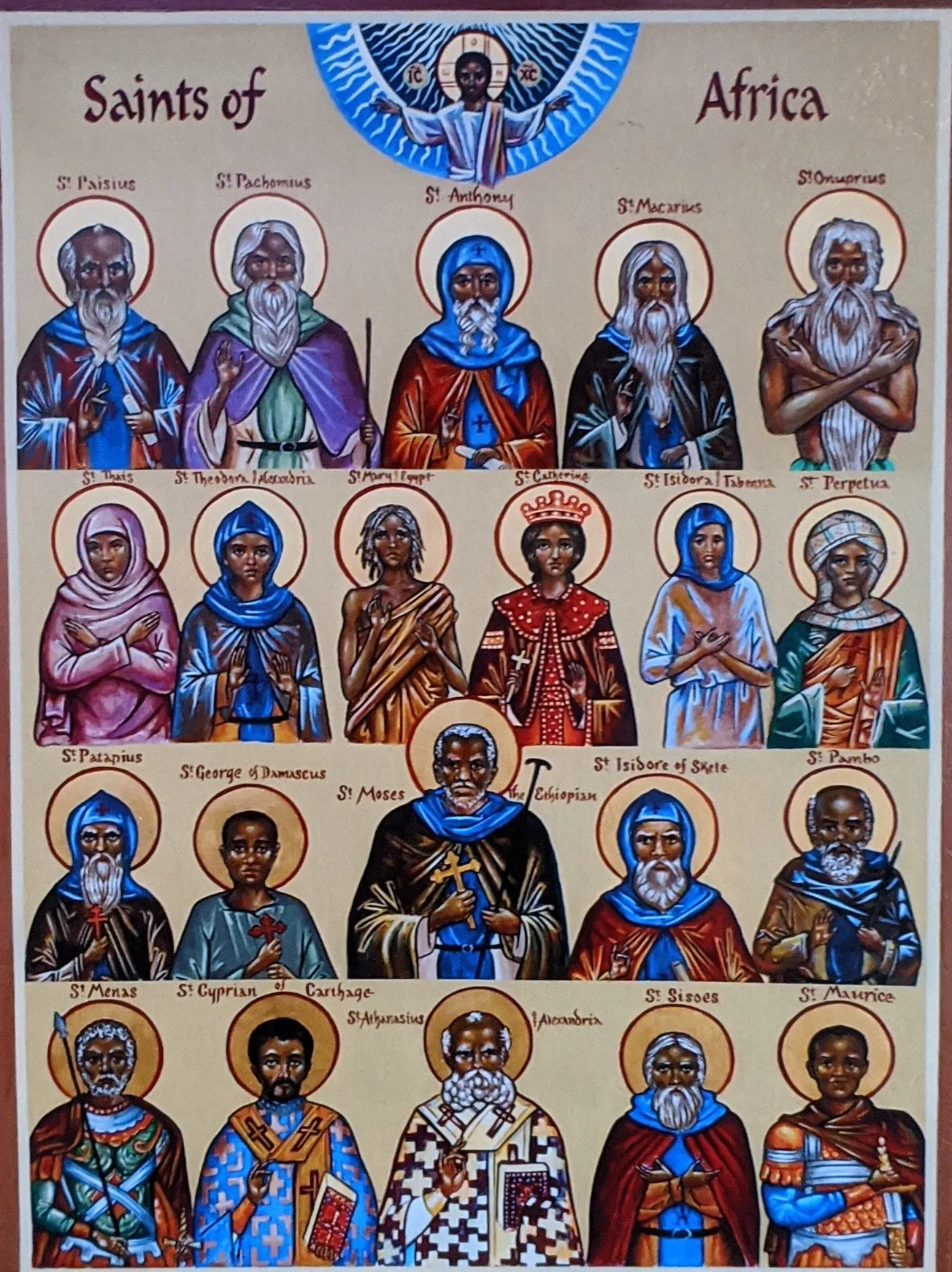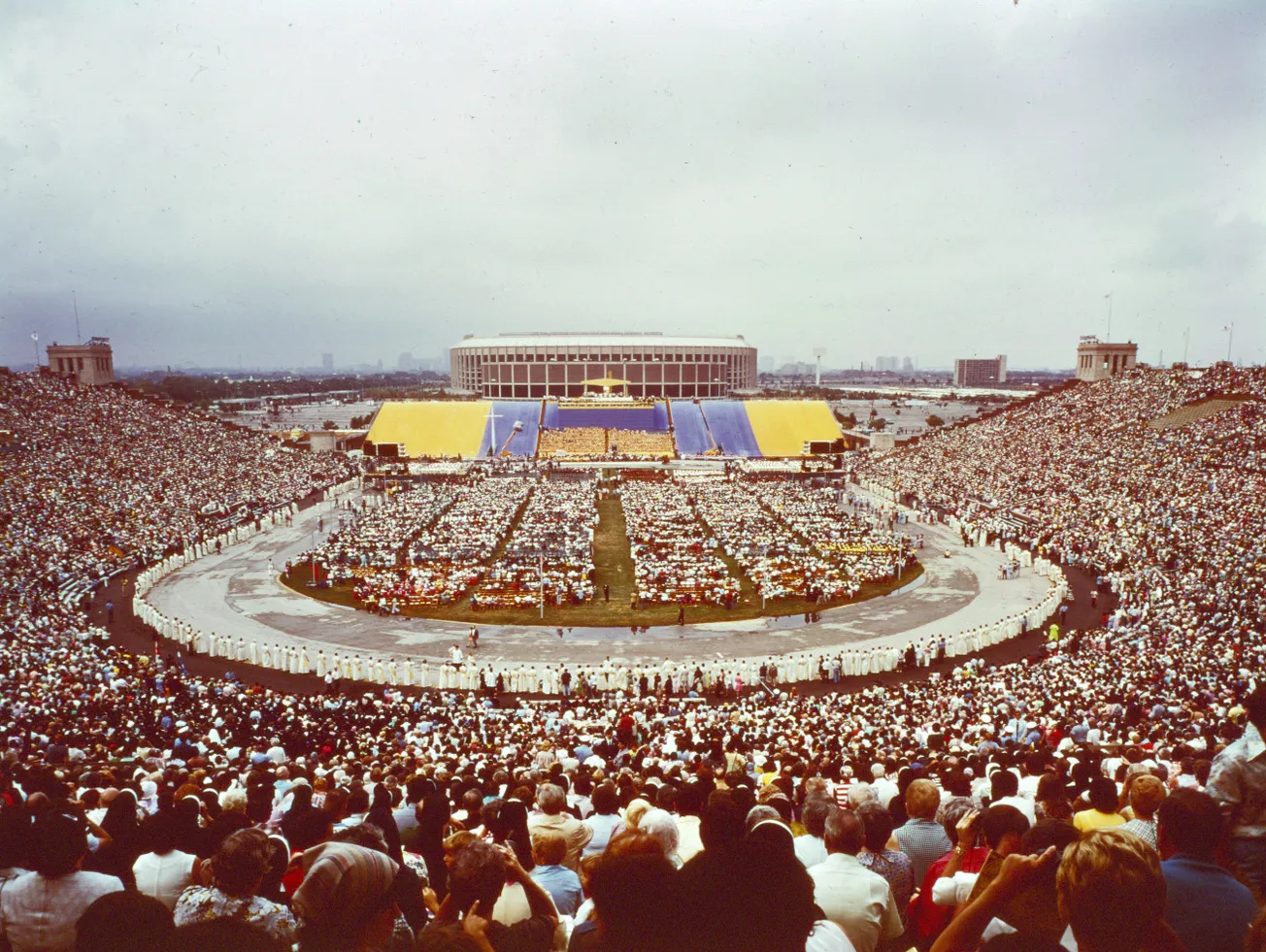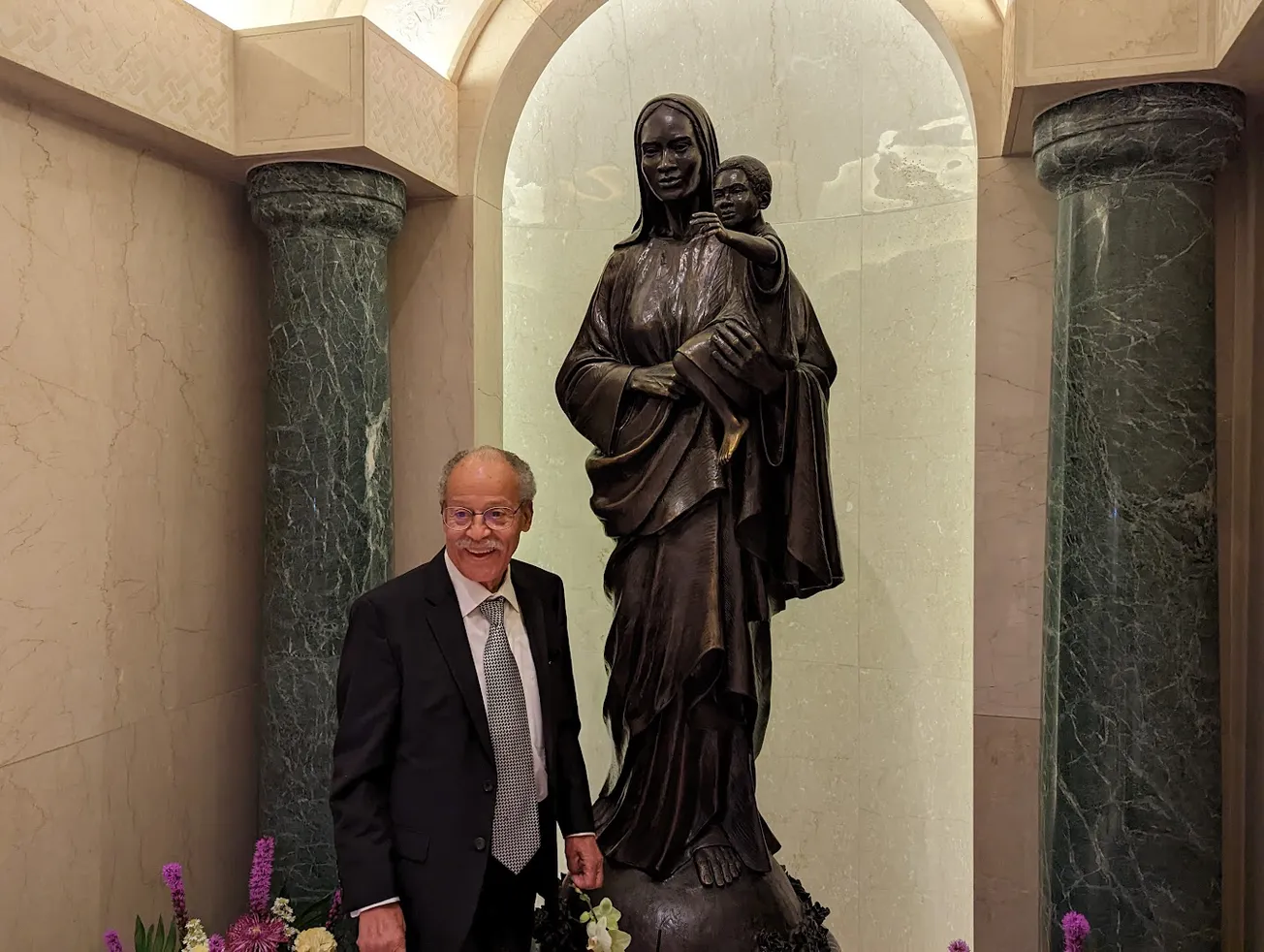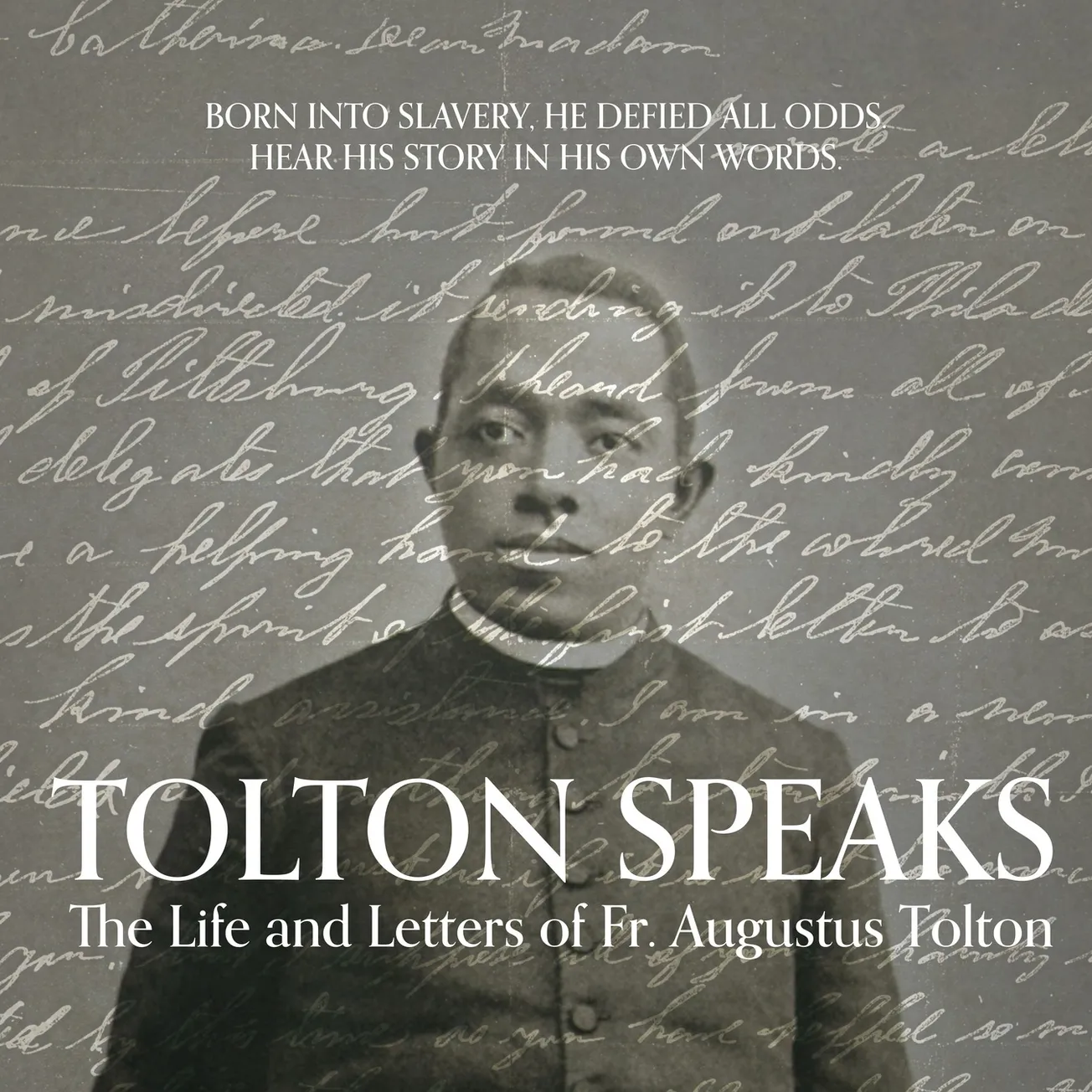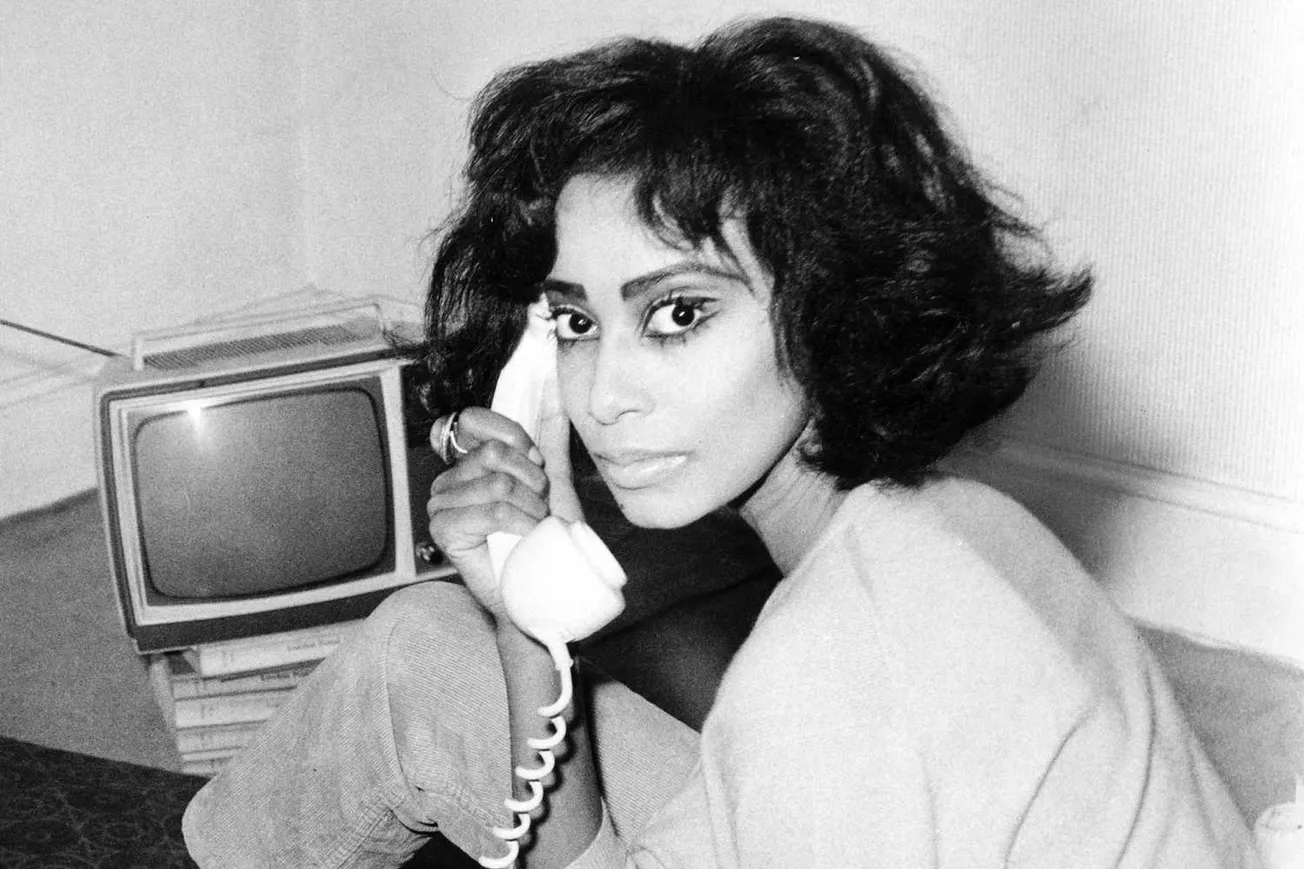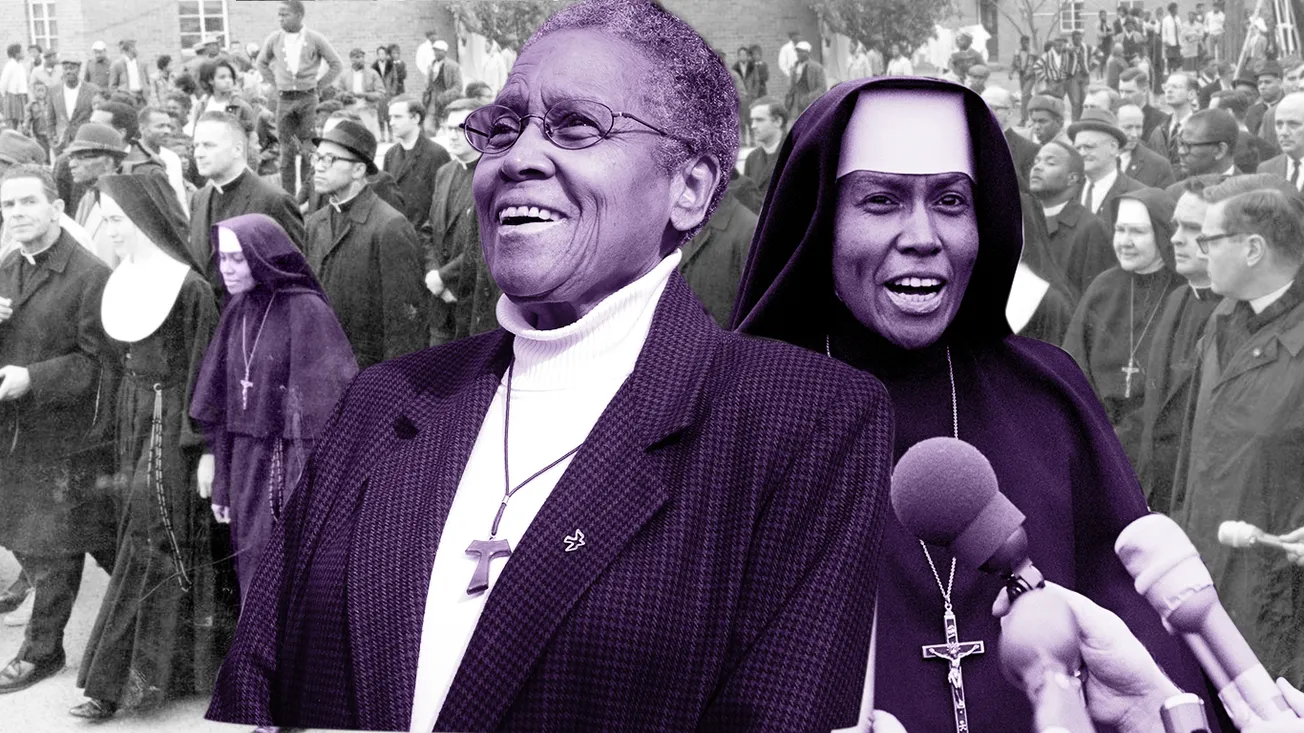In the 20th century, the most influential elements of all Black liberation movements were rediscovering Africa’s glorious ancient past and emphasizing unity across the diaspora. Our elders that were pioneering social thinkers, political activists, and intellectuals discovered that by looking backward to the renowned ancient civilization, they could make of this newfound worth and dignity a means of reclaiming their destiny. Moreover, with this discovery, group cooperation became the way to navigate into independence.
One modern example of this was a recent U.S. Catholic article by Dr. Tia Noelle Pratt, which forced the American Church to confront the sin of racism. This powerful testament about the African identity of St. Augustine garnered a wave of anger and disagreement from many in the Church. Some found the article part of the “woke” agenda, and others repudiated the claim that a North African-born saint could have dark brown skin—as depicted in an icon Pratt describes, painted for Villanova University.
The article was well-written and gave a majority-White Catholic audience a vital perspective to consider regarding the African past that White colonialism tarnished with centuries of plunder and pillage. In this process of abuse and exploitation, a new interpretation of African history and people was produced through the lens of White Supremacy. Dr. Pratt provided a view of one of the most beloved Christian saints that obliterates how North Africa is often viewed as distinct and “other” from its Sub-Saharan neighbor.
As I sifted through the comments of ridicule and mockery responding to the article, it was evident that many can't fathom a North Africa with dark-complected believers. To associate such a monumental intellectual as Augustine with Blackness was perceived as a violation.
While we don't have definitive proof of Augustine’s physical characteristics, for the African diaspora, the issue isn't a vulnerable area. Because we are a global family of various complexions and cultures, we all unite together under the banner of a common African ancestry. The darker-skinned African in Lagos, Nigeria, and light-skinned Afro-Latino in Puerto Rico—though two different complexions—must rejoice in their African unity. What’s more, the colossal anger levied at Augustine’s Black skin in the devotional art piece should inspire the rest of us to properly elevate the glory of Catholics of African descent.
Let us reimagine the words of Nathaniel in the Gospel of John: “Can anything good come out of Africa?” The global family of the diaspora shouts “Yes!”
Therefore, Catholics of African descent should lead the charge by proclaiming a bold African message with our saints, impact, and history in Christendom. By doing this, we can walk in the truth that our ancestors helped form the intellectual and spiritual foundations of the Church.
The legacy of Augustine in particular has a uniquely reverberating echo of authority that strengthened the house of God. He is widely regarded as a foremost articulator of reason and faith in an intelligible, accessible manner.
As a writer, I know that many of his works have been instrumental for political, philosophical, and theological discourse in Western Christianity. “The City of God” has been cited as an essential book for understanding the relationship between Church and state. “Confessions,” his groundbreaking autobiographical account, is one of the most widely read books arising from Christianity and a bedrock for ethical, political, and theological perspectives in our culture. Furthermore, the text gives one of the most prominent descriptions of conversion ever written.
As he grew in grace, Augustine also helped defeat the controversies that threatened the unity of the Church. After all, as Christianity grew, so did the many syncretic interpretations and gnostic interpretations. Augustine played a defining role in obliterating Donatism, Pelagianism, and Manichaeism, three widespread heresies that he challenged with theological prowess to preserve the sanctity of the faith. His efforts to preserve the orthodoxy of the Church are a key watermark in world history.
In addition to St. Augustine, the Church honors two Doctors of the Church from Africa. St. Athanasius was a fierce defender of Christianity against the Arian heresy and is often referred to as the “Father of Orthodoxy.” St. Cyril of Alexandria was a key participant in the Council of Ephesus, which rejected the Nestorian heresy and affirmed Mary’s role as Theotokos (“God-bearer”). Both men upheld the doctrinal unity of the Church when threats were rampant. We owe them veneration for their success in defeating apostasy and handing us an error-free faith.
As the early Church grew, hostility and antagonism from the Roman Empire thrived. Martyrdom was a common reality that provided a bold witness for the Christian faith. The account of Ss. Perpetua and Felicity is one of several that developed a profound following. Felicity, an enslaved soon-to-be mother, and Perpetua, a wife and sister, were executed in an amphitheater because of their Christian faith—a treasonous offense in the empire. “The Passion of Saints Perpetua and Felicity,” one of the earliest accounts of martyrdom and earliest Christian texts, eventually became widely circulated. The faithful continued to be empowered by these women’s model and witness for Christ, centuries after their executions
Africa also played an important role in the development of asceticism. Starting with St. Paul of Thebes, commonly referred to as the first Christian hermit, men and women of prayer fled to solitary in the desert to escape potential persecution, and later to simply enhance their spiritual life. Embracing a cave in the desert, Paul stayed there for nearly a century, surviving on a strict diet of fruit and water. Though he practiced the hermetic way of life, his asceticism developed a following and caught the attention of St. Anthony of Egypt.
Anthony, an admirer of Paul, mastered the framework for monastic life and is referred to as the “Founder of Christian Monasticism.” He died at age 105 but spent most of his life in the desert growing in piety, holiness, and strict spiritual disciplines. Because of the notoriety of his solitude and exemplary model, his following grew as well and over time attracted other members and onlookers. St. Athanasius, a close companion, published “The Life of Saint Anthony” which gave the early Church one of the first accounts of monastic life.
Of course, I would be remiss to neglect the typological impact of figures like Simon of Cyrene, who carried Christ’s cross; the dark-skinned, illustrious Queen of Sheba, a typological image of a Gentile Church (an idea popularized by the eminent African Christian teacher Origen); St. Moses the Black, a pioneering Desert Father; or the Ethiopian Eunuch, who encountered St. Philip the Evangelist in the Book of Acts. Even close companions to the disciples like St. Mark carried the Gospel into Africa. He founded the See of Alexandria, from which comes both the Coptic (Egyptian) and Ge’ez (Ethiopian/Eritrean) rites of the Church. With this amazing cloud of witnesses, we can affirm that Africa has had an outsize impact on the Church that we see today.
Featuring near-unanimous hostility at the thought of a brown-skinned St. Augustine, the outcry against Dr. Pratt’s article revealed how intertwined Christianity and White Supremacy have become. In iconography, historiography, hagiography, and symbology, the Church is far too often rooted in a blatant disregard for Africa. For centuries, those of African descent in the diaspora have been told history’s lie that barbarism and savagery were synonymous with Africa. Moreover, a whitewashed Africa has been aggressively purported by misleading White scholarship in biology, anthropology, and archaeology. In fact, to even affirm a pre-colonial view of African history as distinctly Black is to challenge the way history has been transmitted in Western civilization.
However, when we counter White Supremacy with Black Power rooted in a firm Pan-African stance, we dismantle long-standing racist interpretations to properly reflect the majesty of our African roots.
Exalting Africa’s holy African men and women, we in the diaspora rightfully place our cultural homeland back in its glorious position. Moreover, just like the leaders of liberation like Marcus Garvey and Malcolm X, when we look back to our ancestral home for empowerment and self-determination, we break the bonds of global White Supremacy that constrict our understanding of the ancient faith. We develop self-worth and dignity by looking to the righteous pivotal players who made our faith possible. Catholics of African descent can take immense pride in knowing that our continental ancestors paved the road for us today.
More importantly, by exploring the glory of the African Church, Catholics of African descent discover a sound theology and an understanding of the sacred mysteries that leads us deeper into the love of the Sacred Heart of Jesus. From martyrs and doctors alike, we learn that wrongful persecution helps us understand the depth of following Christ. We learn to remain steadfast in our convictions and proclaim truth against foreign ideologies. We navigate to the center of the Bread of Life.
With this profound African richness in our bloodline, we know that our history and saints are unparalleled. How we repatriate and proclaim our minds and faith, transfigured grace from Christ can be the basis for triune political, economic, and theological enrichment. May we stand unashamed and with confidence, knowing the truth that God has called the children of Africa to be partakers of the divine nature.
Efran Menny is a husband, father, and small-time writer. He’s a passionate educator, student of social work, and host of the "Saintly Witnesses" podcast.


